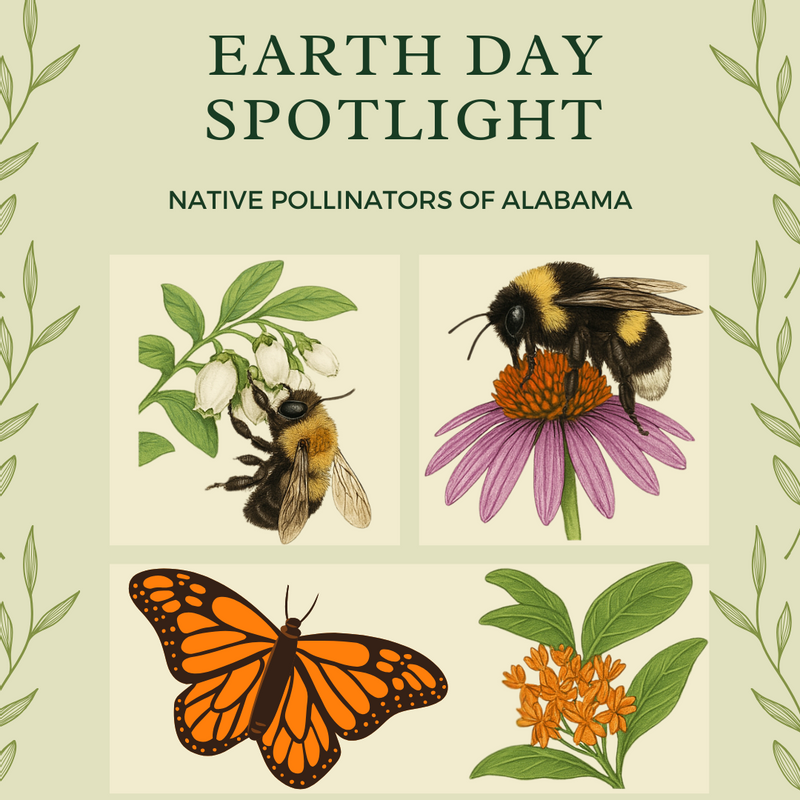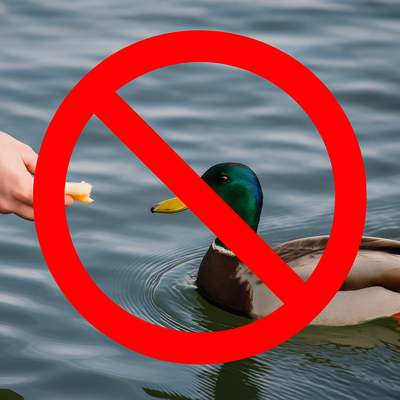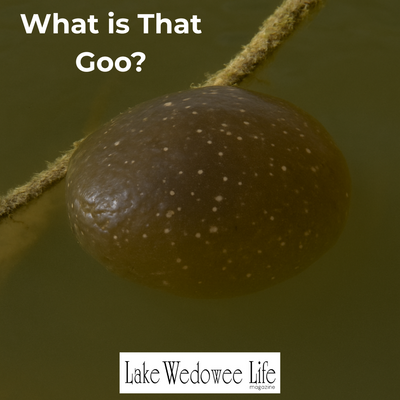Earth Day Spotlight: Meet Alabama’s Native Pollinators (and How to Help Them!)

When most people think of pollinators, honeybees 🐝 often steal the show. They’re important to agriculture and gardens, and we definitely aren’t here to hate on them! In fact, honeybees do play a substantial role in pollinating crops and flowers across Alabama.
But here’s a fun fact for Earth Day: honeybees aren’t actually native to Alabama — or even to North America. They were introduced by European settlers centuries ago.
So, while we’re thankful for the honeybee’s hard work, today we’re giving the spotlight to Alabama’s incredible native pollinators—the wild and wonderful insects that have been supporting our ecosystems long before honeybees arrived.
🐝 Meet Alabama’s Native Pollinators
Our state is home to a wide variety of native pollinators, each playing a unique role in keeping Alabama’s wild spaces, gardens, and farms thriving:
🌸 Southeastern Blueberry Bee (Habropoda laboriosa)
A fuzzy specialist, this bee is perfectly timed with native blueberry blooms and uses “buzz pollination” to release pollen—a trick that honeybees can’t do as well!
🌼 Bumblebees (Bombus spp.)
Big, gentle, and efficient, bumblebees pollinate many native plants and crops, including tomatoes, squash, and wildflowers.
💚 Sweat Bees (Halictidae)
These tiny, often metallic-green bees are common and powerful pollinators. Even though you might not notice them, they’re hard at work every spring and summer.
🦋 Butterflies & Moths
Pollination isn’t just for bees! Butterflies like the Gulf Fritillary and moths like the Luna Moth are also important pollinators. Some even work the night shift!
🪰 Hoverflies, Beetles & More
Yes—even flies and beetles help transfer pollen and support native plants.
🌱 Simple Ways to Help Native Pollinators
Supporting Alabama’s native pollinators doesn’t require fancy equipment or a huge garden—just a few mindful actions:
✅ Plant Native Flowers
Native plants are best suited for native pollinators. They provide food, shelter, and nesting sites. Some great Alabama picks include Black-eyed Susan, Purple Coneflower, Wild Bergamot, Goldenrod, and Milkweed (a monarch butterfly favorite!).
✅ Skip the Pesticides
Pesticides and herbicides can harm pollinators and other helpful insects. Consider using organic methods or reducing chemicals in your yard.
✅ Leave a Little Mess
Not everything needs to be tidy! Leaving bare patches of ground, dead wood, or leaf litter can create important nesting and overwintering habitat.
💚 This Earth Day — Let’s Support All Our Pollinators
Honeybees may be the familiar face of pollination, but Alabama’s native pollinators deserve a little extra love this Earth Day. By planting native, skipping the sprays, and welcoming a little “wild” into your space, you’ll help preserve the diversity of pollinators that make Alabama bloom.
🐝 No honeybee hate here — just sharing the buzz about native pollinators who’ve been doing the work long before honeybees arrived! 💚




